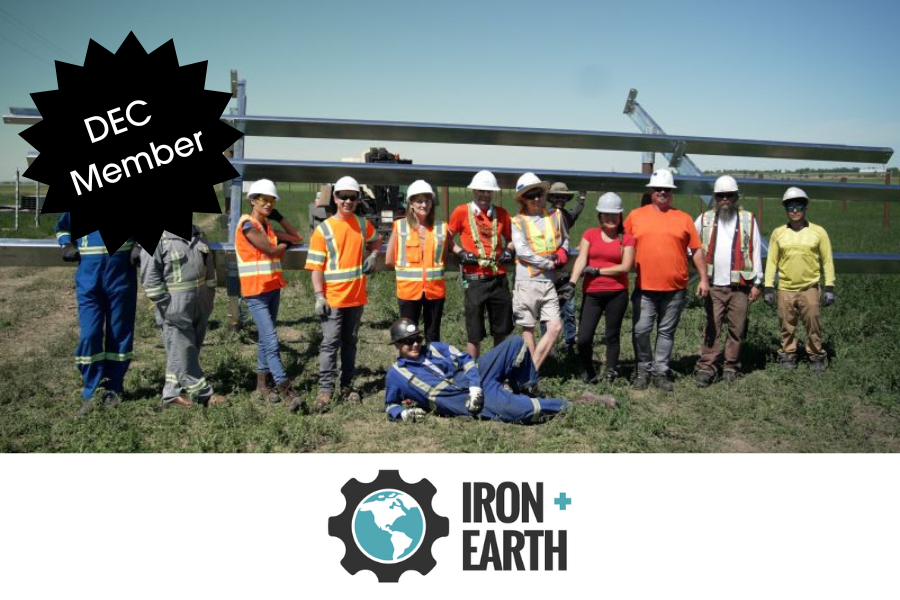New Funding to Prepare Canadian Workers for Jobs in the Net-Zero Economy
Source: | · IRON AND EARTH · | June 7, 2023
Iron and Earth is pleased to expand its existing programs and add new initiatives to increase the number of workers ready to meet the demands of Canada's growing green economy.
Iron & Earth is continuing to reduce barriers to building community-led climate solutions for a sustainable future through engagement, training programs, infrastructure projects, and career platforms.
2200+ participants in Iron and Earth’s training and upskilling programs.
57 community sessions.
Provide renewable energy career transition options, tools, and resources.
A revamped Climate Career Portal for workers, employers, and educational institutions interested in a transition to a greener economy.
These are just a few of the tangible impacts Iron & Earth will have over the next 12 months thanks to $16M in new funding through the Government of Canada’s Sectoral Workforce Solutions Program. The SWSP helps key sectors of the economy implement solutions to address current and emerging workforce needs by funding organizations to deliver projects that focus on a range of industry-driven activities.
As a national not-for-profit organization founded by fossil fuel workers in 2016, Iron & Earth provides programs designed to empower energy industry workers, Indigenous Peoples, and their communities to work in the renewable energy sector.
The funding will support Iron & Earth’s efforts to work with employers who are seeking skilled workers who want to be part of the Clean Economy. A 2021 Iron & Earth/Abacus poll found that 8 out of 10 workers surveyed were interested in training for jobs in the net-zero economy. The SWSP-funded initiatives will help those workers gain access to sustainable and meaningful employment and ensure the programs are available to equity-deserving groups, including Indigenous Peoples. Included in the expanded programs are wrap-around support for expenses such as childcare, dependent care, or travel costs which might otherwise make it difficult for workers to develop new skills.

